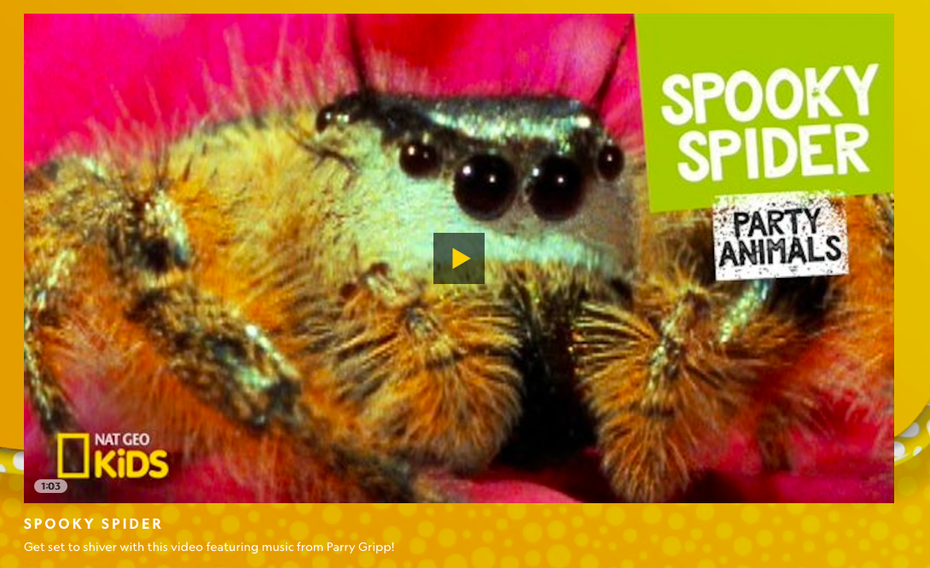Science
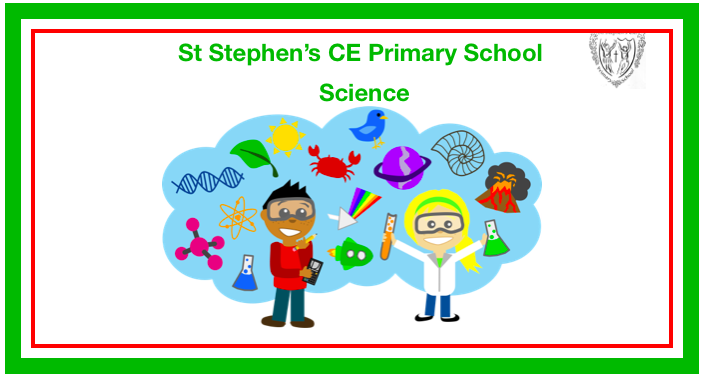
Science at St Stephen's
At St Stephen's we believe a high-quality Science education provides foundations for understanding the world. It develops an understanding of scientific ideas and makes links between phenomena and experiences. It stimulates a child’s curiosity and It teaches methods of enquiry and investigation. Children learn to ask scientific questions and begin to appreciate the way Science will affect their future on a personal, national, and global level.
Our Intent
We teach science at St Stephen’s to
- Develop scientific knowledge
- Nurture curiosity about how and why things work
- Ask questions and develop skills to answer questions
- Form a decision based on evidence
Implementation
- Using a curriculum based on an extensive variety of practical activities, from observational to investigations. Using Snap Science as a starting point.
- Taking advantage of the benefits of ‘outdoor learning’ opportunities with our new forest school scheme, visiting Brookmill Conservation park and the local allotment to learn about variations in plants, minibeasts and habitats .
- Beginning each topic with an interesting stimulus (hook) to raise curiosity and raise questions about the topic, knowledge harvest, topic explanation and assessment of knowledge.
- Science curriculum overview Years 1 to 6.docx
- Science Progression document for years 1 to 6.docx
- EYFS curriculum-overview learning-about-the-world.pdf
Impact
By the end of their time at primary school, all children should be able to encounter more abstract ideas and begin to recognise how these ideas help them to understand and predict how the world operates.
- They should also begin to recognise that scientific ideas change and develop over time.
- They should select the most appropriate ways to answer science questions using different types of scientific enquiry, including observing changes over different periods of time, noticing patterns, grouping and classifying things, carrying out comparative and4 fair tests and finding things out using a wide range of secondary sources of information.
- Pupils should draw conclusions based on their data and observations, use evidence to justify their ideas, and use their scientific knowledge and understanding to explain their findings.

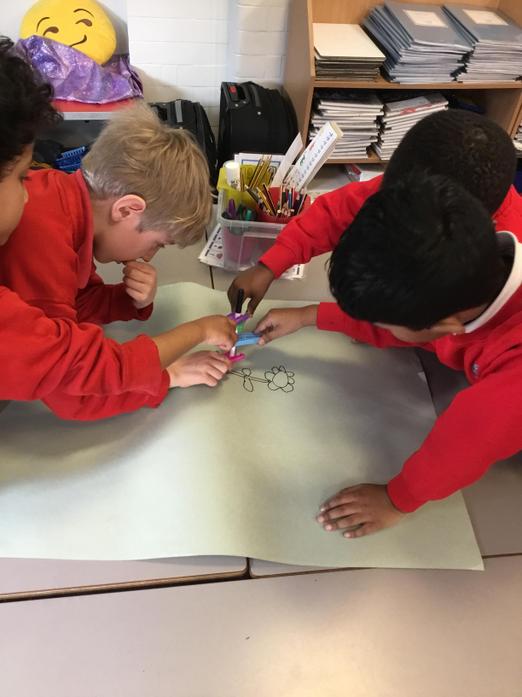
|
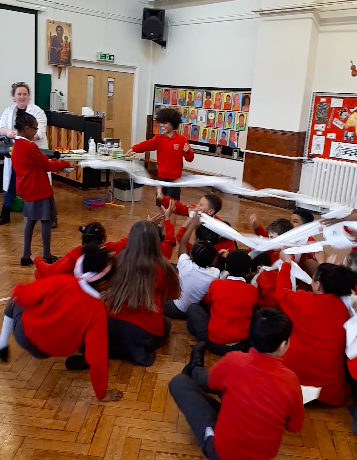
|
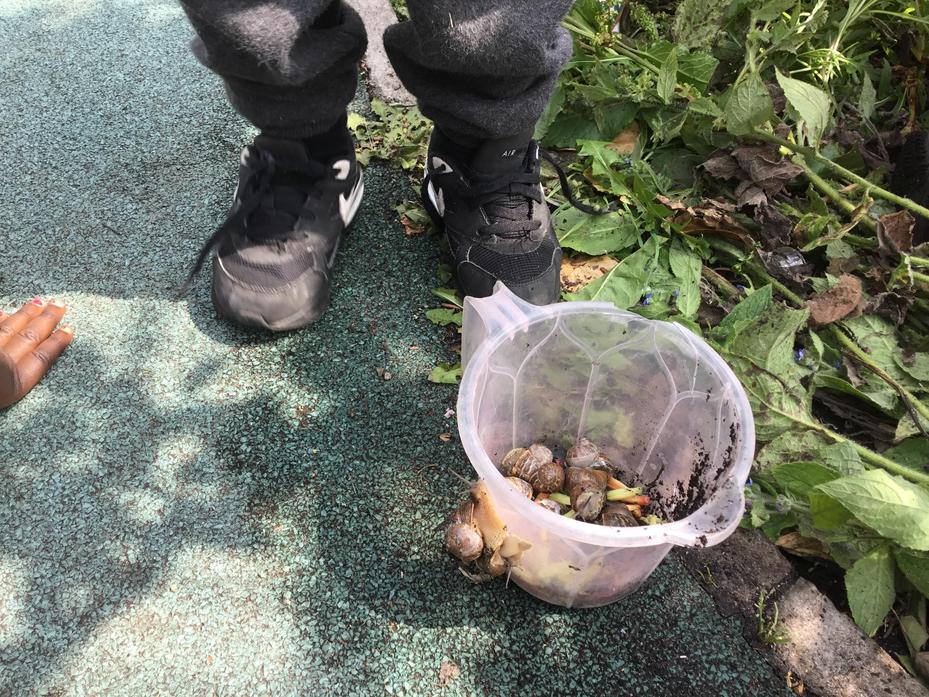
|
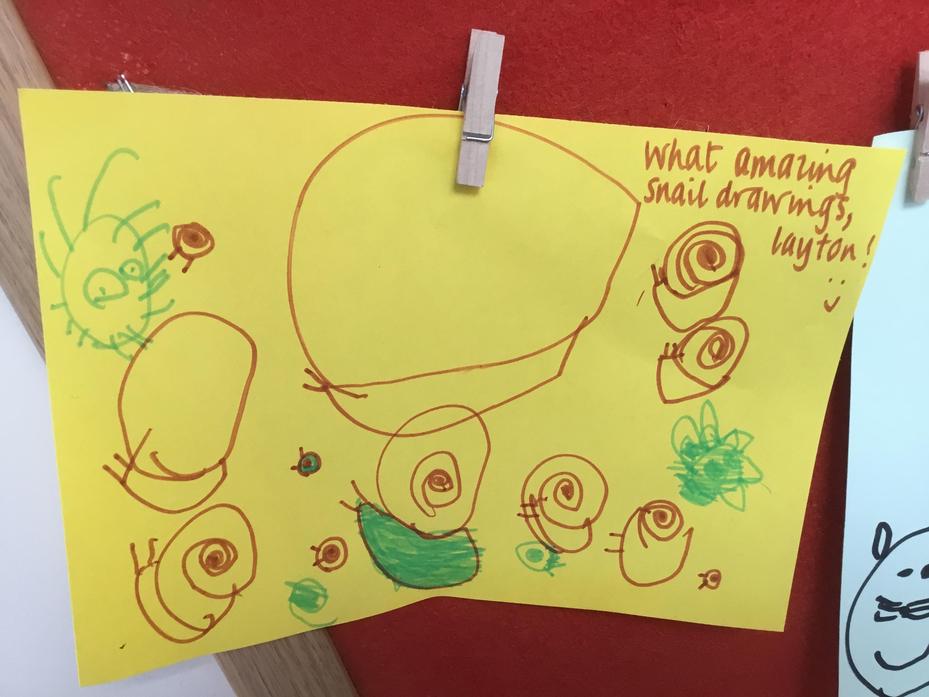
|
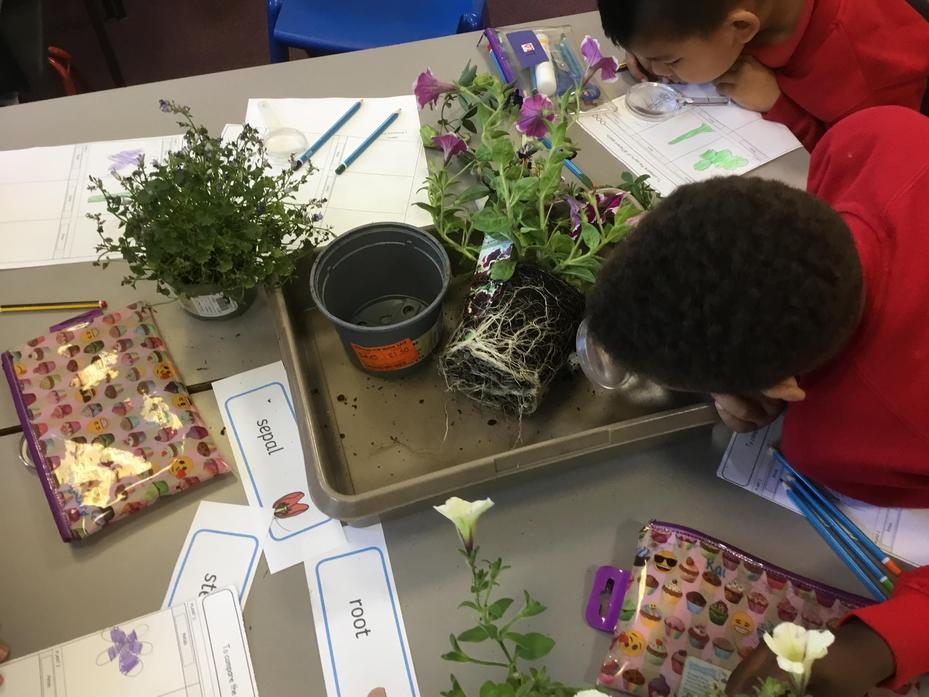
|
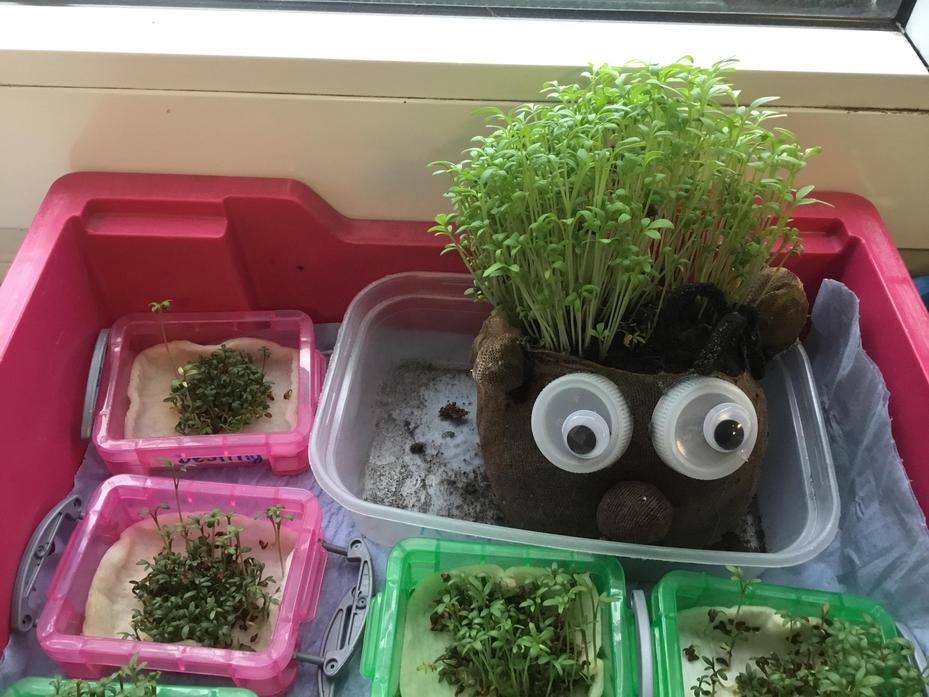
|
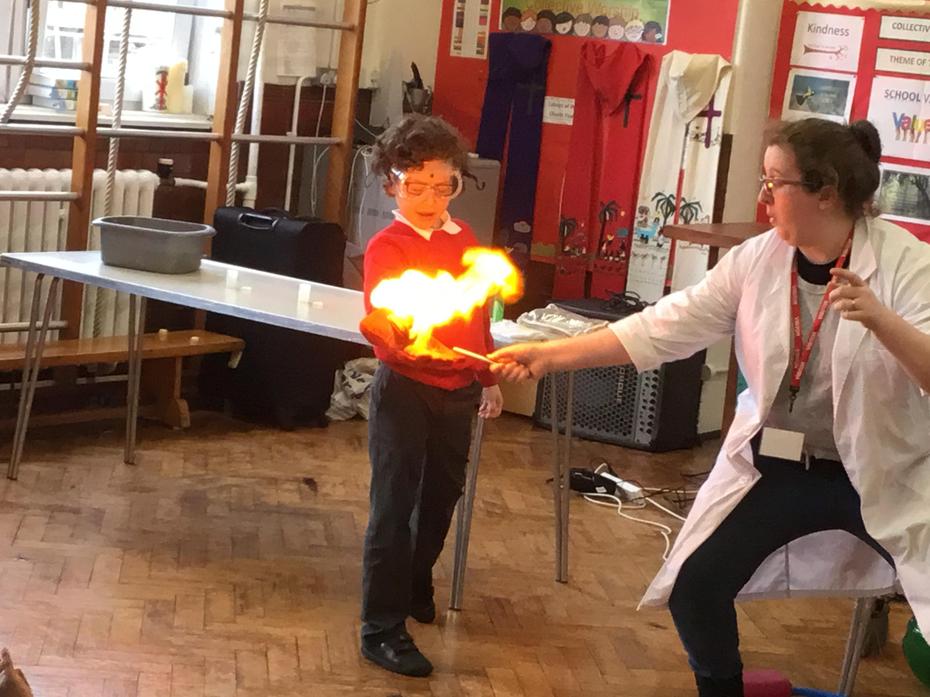
|
Fun with upthrust.mp4
National Geographic Kids
